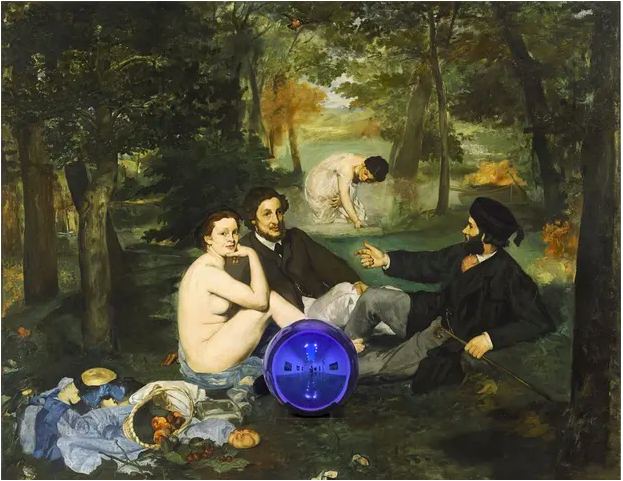
Marcel Proust famously said “The real voyage of discovery consists not in seeking new landscapes, but in having new eyes.” There is great philosophical wisdom in this phrase, but also a great thought-provoking concept.
Unfortunately, it’s way too common for people to look without truly seeing or taking notice. This observation is reflected in the Armenian saying ‘someone doesn’t have nostrils’, which implies a lack of ability to perceive subtleties.
Neuroscience offers us various insights into how we perceive information, but for the purpose of this article, we’ll focus on the two most fundamental ways as a starting point.
We notice and see things we put our attention to, allowing the brain to focus on the specific aspects of the visual scene while filtering out everything else. For example, if you are reading a book, your brain will focus on the words on the page and filter out other visual stimuli in the environment you are in.
We also notice and see things whatever our brain finds familiar, is hardwired to see and has prior knowledge and expectation about it. Hvae you eevr maeangd to raed a flul, chroeent snnteece wtih cemlotpeyl out of orrde letetrs, yet atcmuaolily iternertnipg tehm as wodrs? 🙂
Regardless of how your brain perceives the information, the key takeaway is that the longer you focus your attention on something, the more you will notice about it. By directing our attention intentionally, we can train ourselves to see things that we might have overlooked before, and develop a more nuanced and detailed understanding of the world around us.
Now, in this fast-paced, quick-scrolling and attention-challenged world, learning to see has become more important than ever. We consciously choose to give our attention to things that we find useful or relevant to our immediate goals, ignoring what we perceive as “useless things.” Developing observation skill not only enables us to be a better entrepreneur not only enables us to make better, informed decisions as entrepreneurs but also a better human with better relationships.
Art is an excellent way to enhance observation skills, as it requires us to observe and analyse the world carefully. Delving into the art world is not just about technical skills, it’s about training your eyes to see things in a way that most people don’t. Here are three practical examples of how art can be used to develop observation skills.
Draw
Practice drawing from one object, start with a simple object you are familiar with, say, your own hand and challenge yourself to draw it in exquisite details, without focusing too much on technicalities.You could even go for a glass of water and study the way light refracts through it, how it casts shadows and shapes. Whatever you do, bring yourself to the point of noticing details of things you are constantly surrounded with that you haven’t noticed before.
And here’s a little secret: Artists spend 80% of their time observing the object they’re drawing and only 20% on the canvas. Whenever they’re struggling to depict a particular aspect of their subject, they look further into the object and study it in more depth.
Observe
Take a moment to appreciate the world around you. Choose an object, a scene, or even people, and allow yourself to fully observe it/them. Look up at the sky and observe the way the clouds move with the wind. Notice the colours, the textures, the shapes. Whatever you put your attention to, observe it for a minute, then close your eyes and recreate the image in your mind.
Artwork a Day
Dedicate a minute or 2 to look at artwork. Analyse what you see. Take note of the artist’s choices of colour, composition, and technique. Think about the emotions or mood that the artwork evokes in you. Analyse a few artworks of the same artist and observe the styles and patterns the artist is working in.
Observation skills is vital to have a deeper understanding of the world around us and seeing your own world through a different lens. It’s not necessarily only about awakening your inner artist (although, frankly, it is) but more importantly than that, it’s about enriching your life in every possible aspect.